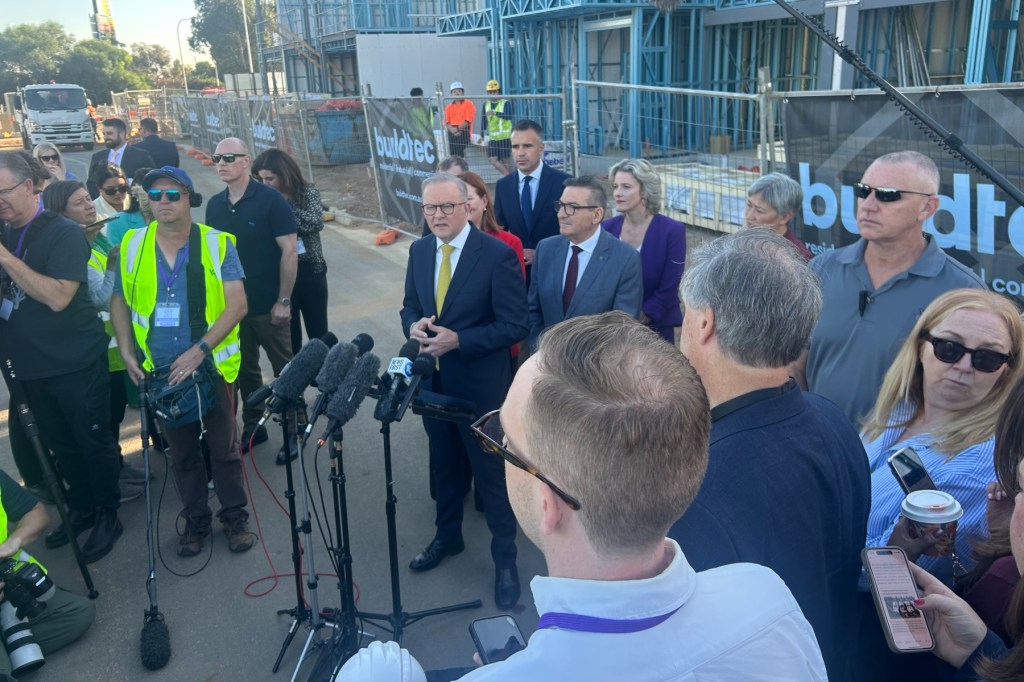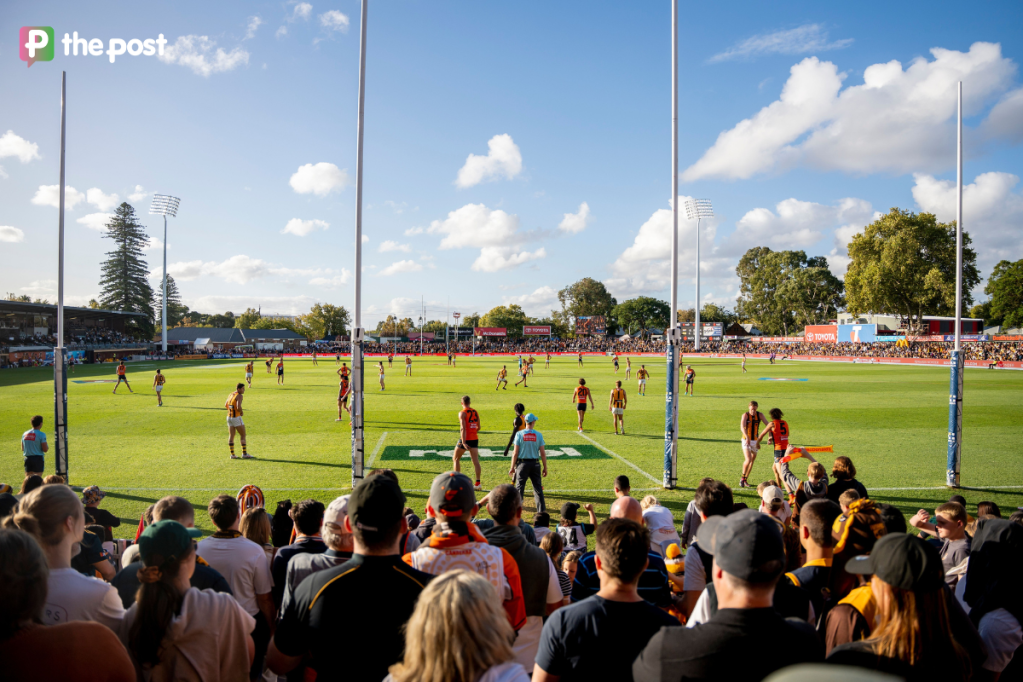Proposed changes to alcohol laws will reduce harm and save lives
South Australia is leading the way in addressing alcohol’s role in violence against women, according to Mary Leaker.

Domestic, family and sexual violence is a national epidemic and one of the most complex, wicked problems we face. It takes an incalculable toll on our communities, with impacts that are felt across generations.
Right now, we have an unprecedented opportunity to move the dial on rates of domestic, family and sexual violence across our communities.
Amid intense national media and political focus on this issue last year, the Federal Government commissioned a rapid review of prevention approaches, which recommended that state and territory alcohol laws make preventing gender-based violence a primary objective and limit alcohol sales and delivery timeframes, as well as alcohol advertising.
One month later, state and territory premiers and chief ministers agreed at National Cabinet to review alcohol laws and their impacts in relation to domestic and family violence.
To its credit, the South Australian Government has led the way nationally in progressing the commitment from National Cabinet, consulting on a Draft Liquor Licensing (Miscellaneous) Amendment Bill in February.
Along with a range of community organisations, Embolden strongly supports the bill’s proposed measures to respond to the Rapid Review recommendations by making harm minimisation the primary object of SA’s Liquor Licensing Act 1997 and including gender-based violence within the Act’s definition of alcohol harm.
We also strongly support the bill’s provisions to amend alcohol home delivery timeframes to between 10am and 10pm and to prevent rapid delivery by establishing a two-hour safety pause between sale and delivery.
Alcohol companies must be better regulated, as we know that late-night delivery of alcohol increases the risk of domestic and family violence, with alcohol-related assaults, including domestic violence, increasing substantially between 6pm and 3am. Rapid delivery can extend drinking sessions, contributing to higher-risk alcohol use and associated harms.
We have clear and ample evidence that the harmful use of alcohol reinforces the gendered drivers of domestic, family and sexual violence to increase the frequency and severity of violence.
Alcohol is involved in up to 65 per cent of all reported domestic and family violence incidents. Over half of Australian men who have killed their intimate partner used alcohol at high-risk levels at the time of the homicide.
We now, rightly, more readily recognise children and young people as victim-survivors of domestic and family violence in their own right. Harms to children are found to be significantly greater in households where the person causing harm – usually a man – drinks alcohol at high-risk levels.
We must also grapple with the intersection between harmful use of alcohol and sexual violence: just under half of Australian women sexually assaulted by a man in the past decade said alcohol or another substance contributed to the most recent incident.
You might like
South Australia’s Royal Commission into domestic, family and sexual violence will hand down its recommendations on July 1 this year. The Royal Commission will significantly strengthen our state’s ability to prevent and respond to the scourge of gender-based violence.
Now is the time to pull every lever we have at our disposal, including regulatory controls to mitigate the role of alcohol in exacerbating and intensifying domestic, family and sexual violence.
The proposed changes to SA’s Liquor Licensing Act are smart and practical interventions that will reduce harm and save lives. It’s time other jurisdictions followed SA’s lead and put women and children before the profits of alcohol companies.
Mary Leaker is the General Manager of Embolden, South Australia’s peak body for domestic, family and sexual violence services.








